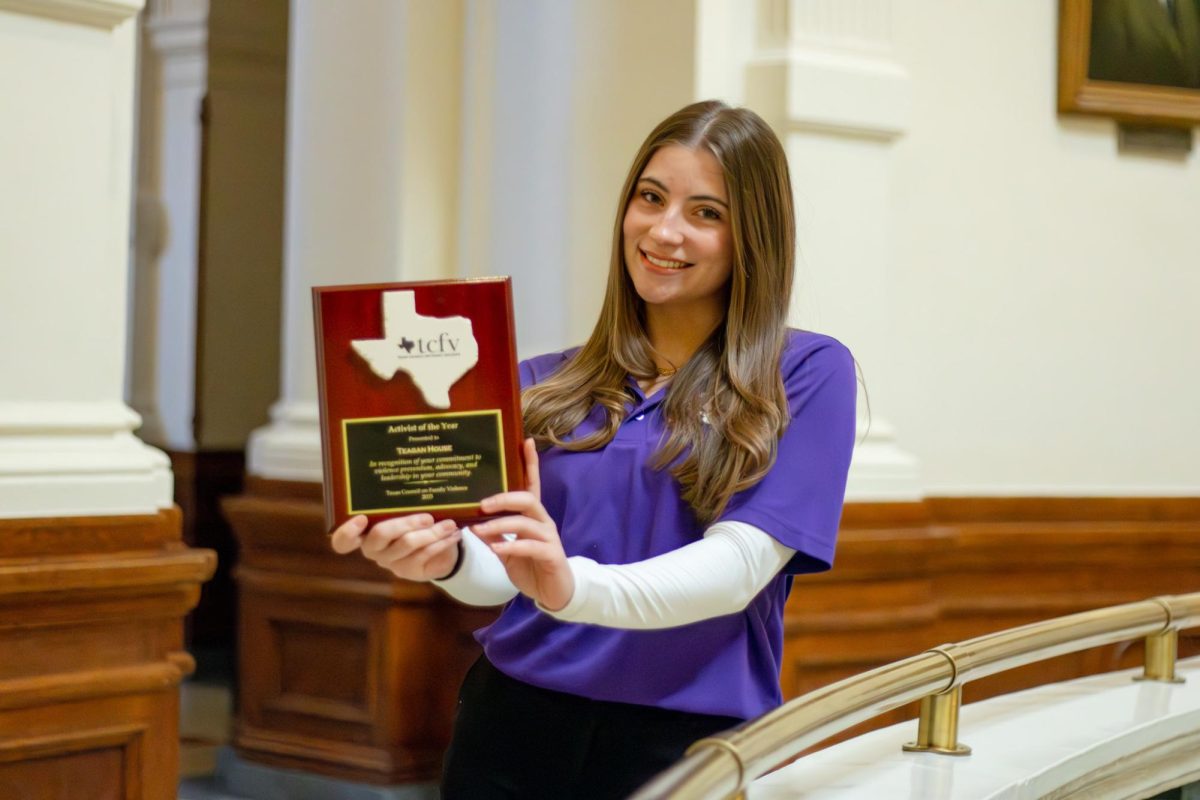UT’s black population may only make up about 5 percent of the campus, but their voices and experiences are not unheard.
Black Voices, a program created a year ago by UT psychologist Dr. Kimberly Burdine, focuses on giving black students a space to express their views and to be taken seriously.
Burdine is a licensed psychologist and CMHC employee. As a diversity coordinator on campus, she ensures that marginalized groups have access to support and feel understood on campus. Burdine said she created Black Voices because she felt it necessary for black students to have a place of comfort, where assistance from both mental health professionals and peers is practiced.
“The intention is for Black Voices to be a safe space for people to explore their identity and be affirmed in their identity,” Burdine said. “Also for there to be a space where racism and the reality of racism (is believed).”
For black students, Black Voices discusses how their racial and cultural identity can impact their student life. However, the group’s discussions aren’t limited to issues concerning cultural identity — mental health is also an essential part of meetings, but Burdine said it is not a true therapy program.
“Black Voices is not a therapy group, but it is facilitated by therapist,” Burdine said. “So it’s intended to be therapeutic, and it’s intended to ease some of the stigma towards support and mental health.”
Communities from all backgrounds can be affected by mental health issues, but racial issues can impact it differently. According to the U.S. Department of Health and Human Services Office of Minority Center, African-American adults are 10 percent more likely to report health problems versus non-Hispanic white adults, stating that these problems can stem from the higher exposure to racism, violence and microaggressions in and towards their communities.
Although these issues may exist at a higher rate for African-Americans, help is not always seen in a positive way. Azie Igori, biology junior and director of operations for Students for Equity and Diversity in the Multicultural Engagement Center, said he understands the importance of a space like Black Voices, but also said, traditionally, there isn’t a culture of black communities discussing mental health.
“I have met several black students where they were the only black student in their class,” Igori said. “I think going to a predominately white institution, you face microaggressions all the time and it’s nice to have your concerns validated and addressed.”
For Igori, Black Voices served as a community where he could vocalize his experiences and empathize with others who have gone through the similar challenges.
Burdine said she learned a lot from the group herself and has many goals and hopes for its future for the campus.
“I use the things that are discussed to better inform my work, so I learn a lot about student needs and the kinds of support that would be the most helpful,” Burdine said.
Burdine also said that she would like to see Black Voices to be more than a support group. Burdine would like for it to be a place of socializing and a support network amongst black students in the future. Igori said he already feels that impact.
“I think Black Voices is place where black students can talk and be understood,” Igori said. “A place where you know you’re not the only one.”
Correction: A previous version of this article misrepresented a quote from Burdine. We've corrected to the article to more accurately reflect her statements. The Texan regrets this error.





















